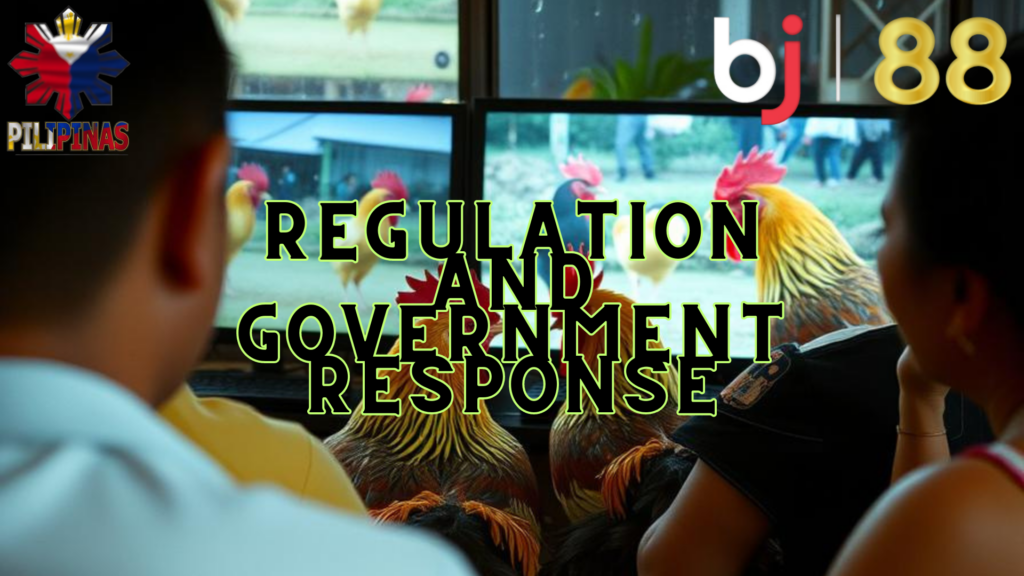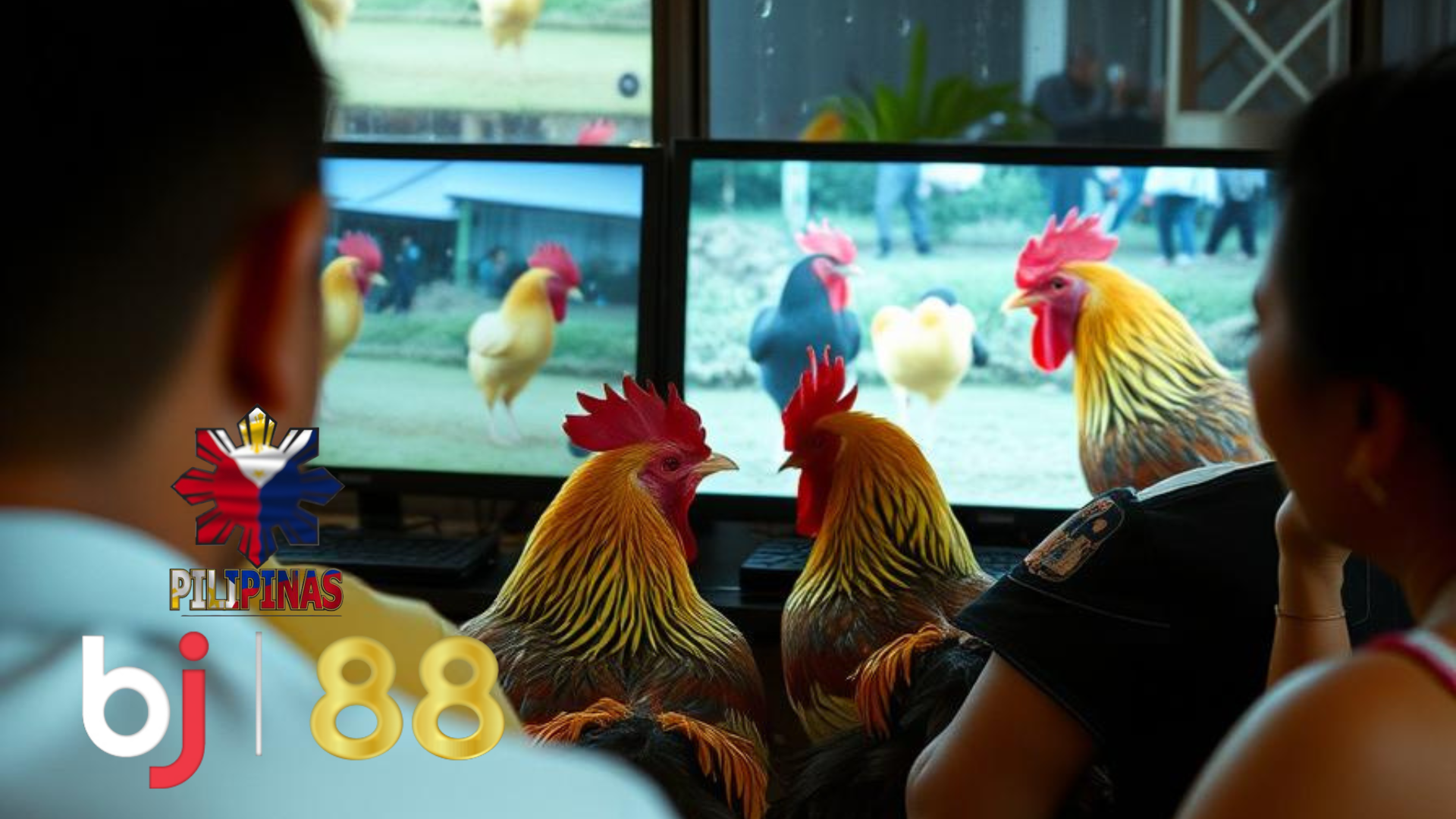Online sabong, the digital version of the traditional Filipino cockfighting, has surged in popularity across the Philippines in recent years. As one of the nation’s oldest forms of entertainment and gambling, sabong has deep cultural roots. The transition to online platforms has not only modernized the sport but also brought with it a host of new challenges and opportunities. This article explores the rise of online sabong, its impact on Filipino society, and the regulatory landscape that has emerged in response.

Sabong, a centuries-old tradition in the Philippines, has long been a popular pastime. Traditionally, sabong involved live cockfights held in arenas, where spectators would gather to place bets and watch the battles. With the advent of technology and the widespread use of the internet, sabong has found a new home online.
Online sabong platforms allow users to participate in live-streamed cockfights from the comfort of their homes. These platforms offer a convenient and accessible way to engage in the sport, attracting a new generation of enthusiasts. The ease of access, combined with the ability to place bets through digital wallets or mobile payment systems, has fueled the growth of online sabong.

The COVID-19 pandemic played a significant role in the surge of online sabong’s popularity. With physical arenas closed due to lockdowns and restrictions, traditional sabong enthusiasts turned to online platforms as a safe alternative. The digital format also appealed to a younger audience, leading to a broader demographic of participants.
Online sabong has become a lucrative industry, generating significant revenue for operators and providing income for breeders, trainers, and other stakeholders involved in the sport. The industry has also contributed to government coffers through taxes and licensing fees, further cementing its place in the Philippine economy.

Despite its popularity, online sabong has not been without controversy. Concerns have been raised about the potential for addiction, especially among younger users who may be more susceptible to the allure of gambling. The ease of access and the anonymity provided by online platforms can make it difficult for authorities to monitor and regulate participation, leading to fears of underage gambling and financial exploitation.
Additionally, the ethical implications of sabong, both online and offline, have long been a topic of debate. Animal rights activists have consistently opposed the sport, citing concerns about the welfare of the roosters involved. The shift to online platforms has intensified these concerns, as the sport reaches a wider audience and becomes more visible.

In response to the rapid growth of online sabong, the Philippine government has taken steps to regulate the industry. The Philippine Amusement and Gaming Corporation (PAGCOR) has been tasked with overseeing the licensing and operation of online sabong platforms. PAGCOR’s role includes ensuring that operators adhere to strict guidelines to prevent underage gambling, promote responsible betting, and protect the welfare of the animals involved.
Regulatory efforts have also focused on combating illegal online sabong operations. Unlicensed platforms not only pose risks to users but also undermine the revenue potential for the government. Law enforcement agencies have been working to shut down these illegal operations and prosecute those involved.

Conclusion
Online sabong has undeniably transformed the traditional sport of cockfighting in the Philippines, bringing it into the digital age. While the industry has provided economic benefits and new opportunities for engagement, it has also introduced a range of challenges that require careful regulation and oversight. As the popularity of online sabong continues to grow, the balance between preserving cultural heritage, ensuring ethical practices, and protecting vulnerable individuals will remain a critical focus for the Philippine government and society at large.

